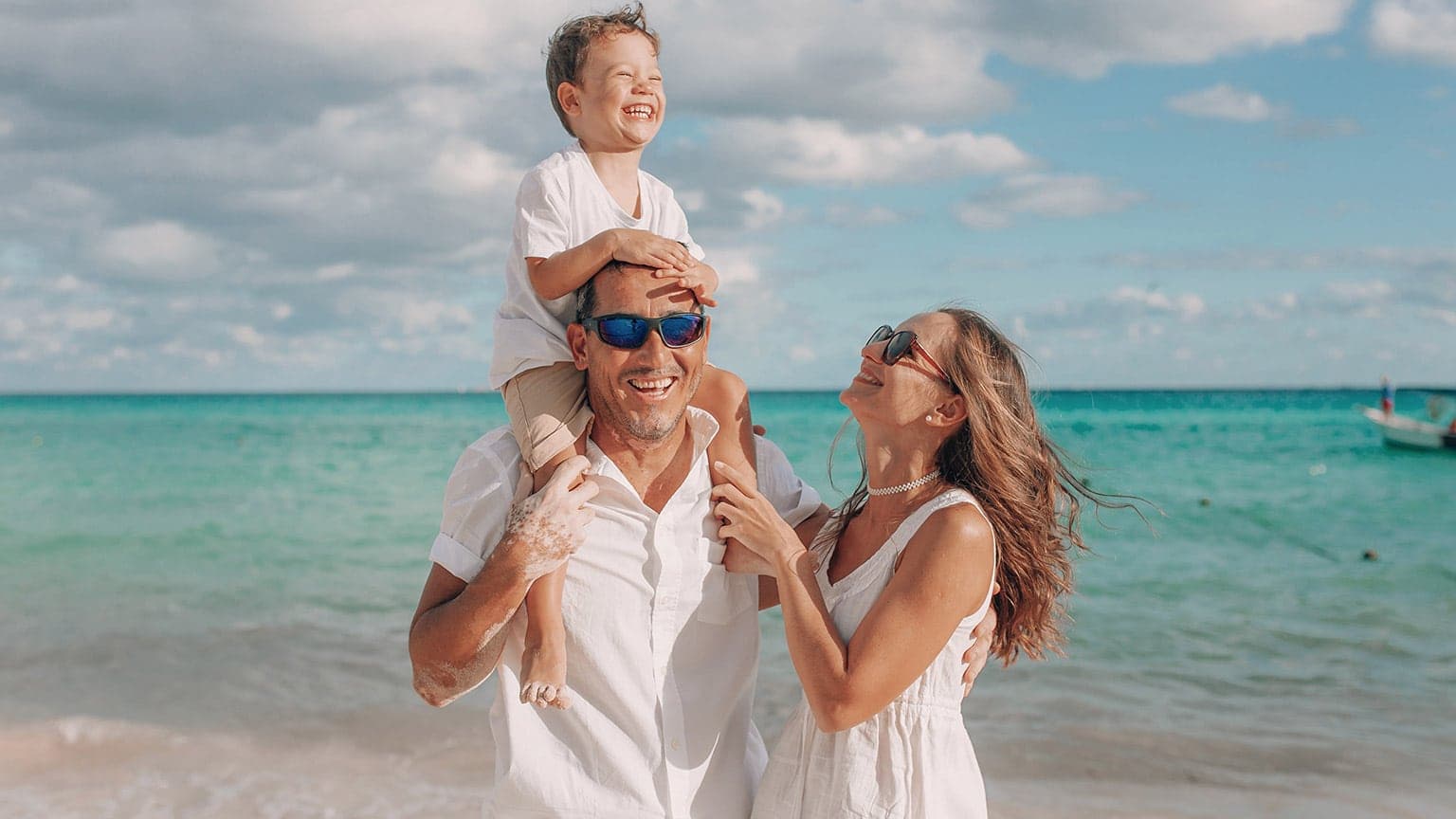"Plan B". Americans who obtain Caribbean citizenship by investment consider the islands their "Plan B" in case of economic, social, and political changes in the United States. At the same time, they don’t have to give up their American passport — they can hold dual citizenship in the Caribbean.
Tax optimization and convenient business climate. The tax system in the Caribbean is simple and favorable, especially compared with the United States. There are no capital gains or inheritance tax in the Caribbean. All countries except Saint Lucia don’t charge taxes on interest, dividends, and royalties. Residents of Saint Kitts and Nevis and Antigua and Barbuda don’t pay income tax.
Starting a business in the Caribbean will be fast, and if the owner has citizenship, tax and other benefits will be available to them. For example, in Saint Kitts and Nevis, company owners’ private information won’t be put in the commercial register, and they can conduct international transactions without currency controls.
10 days
Deadline for registering a business in the Caribbean
US citizens are required to pay taxes in the US, regardless of where they reside. Therefore, some business owners give up their US passports in favor of Caribbean citizenship and transfer their company’s tax residency to the Caribbean. This is how they reduce their financial burden.
Real estate prices. To compare, the average cost of 1 m² of real estate in the Caribbean does not exceed $7,500. In the US, the average cost of 1 m² can exceed $ 17,000, according to the Global Property Guide.
Luxury Caribbean properties at the same time meet global quality standards. These are villas, townhouses and apartments in gated residential complexes, as well as hotels and resorts managed by the world’s leading chains, including Hyatt and Intercontinental.
If you rent out a residential property, purchase a share in a hotel complex, or invest in another type of commercial property in the Caribbean, the annual yield will be 2‑5%.
Childhood education. Children of American expats can attend free public kindergartens and schools in the Caribbean. They can also attend one of the private international schools that use an American curriculum model, and the program is taught in at least two languages, including English.
Climate. The Caribbean has a tropical climate, but the average annual temperature doesn’t rise above 28 °C. Ocean water is rarely cooler than air. It’s sunny almost all year round in the Caribbean: even during the May–November rainy season the sun shines several hours a day.
Active lifestyle. The islands have active yachting, diving, water sports, access to UNESCO parks and reserves, and Blue Flag beaches. The local culture is rich with festivals, museums, and art galleries. There are about 70 golf clubs in the Caribbean, including world-renowned projects.
Healthy food. Caribbean and Creole cuisine combines taste and nutrition: nourishing yet light meals, with an abundance of seafood, poultry, legumes, fruits, and vegetables. Artificial preservatives and colorants are rare.
English language. About 6 million Caribbean islanders speak English fluently. It is the official language in 18 Caribbean territories, so US citizens can easily adapt to life on the islands.
Comfortable retirement life. High-net-worth American retirees buy residential properties in the Caribbean and move to a warm climate near the ocean. At their disposal, there is high-quality private healthcare and insurance, convenient infrastructure, and the usual upscale life. Only a one-hour flight by a private or commercial jet separates them from the US.
Retirees also obtain Caribbean passports by real estate investment. That way they can live in the Caribbean permanently instead of renewing their 90-day tourist visa.









